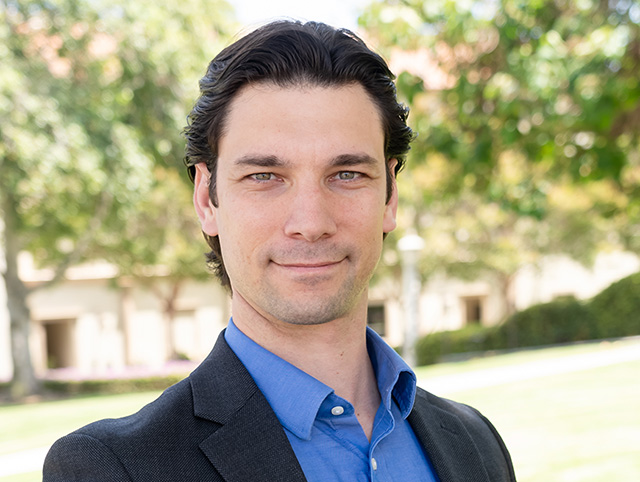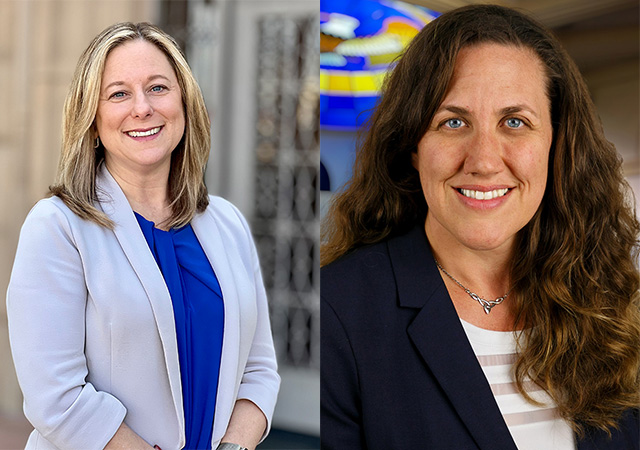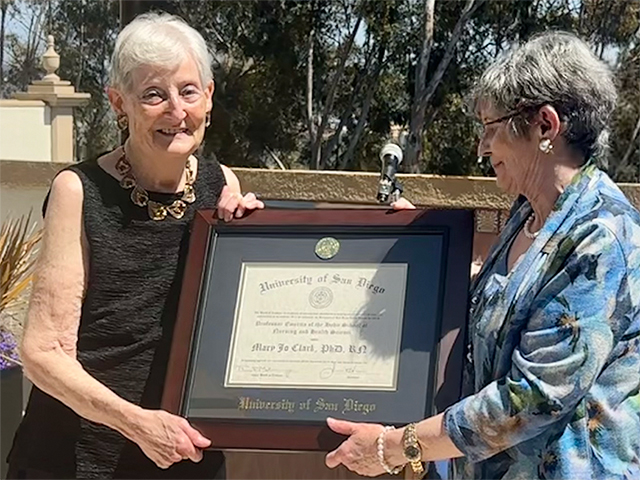CAI Executive Director, Prof Robert Fellmeth Leads Victory for Children in SB 39 Litigation
San Diego (January 3, 2013) - Handing child advocates a sweeping victory in their effort to prevent child deaths, a San Diego superior court judge has struck down regulations issued by the state Department of Social Services that blocked the press and the public’s ability to discover why local child welfare agencies failed to act to prevent a child from being fatally abused or neglected.
Judge Judith F. Hayes ruled that the department’s regulations were “inconsistent and in conflict with” Senate Bill 39 (Migden), a landmark law enacted to promote and encourage public scrutiny of county child welfare practices when those practices failed to prevent a child from dying, when the county knew about abuse and neglect allegations.
“The judge ruled correctly that the regulations impeded the Legislature’s aim of encouraging public analysis and discussion of local child welfare practices in order to prevent child deaths,” said Steve Keane, an attorney at Morrison & Foerster LLP who argued the case on behalf of the plaintiff.
“Public scrutiny of local child welfare practices when our most precious and vulnerable citizens tragically die is something everyone who cares about the well being of children should embrace,” said Executive Director of the Children’s Advocacy Institute (CAI) and University of San Diego School of Law Professor Robert Fellmeth, who was co-counsel in the lawsuit. “Everyone — including the public ultimately responsible for the running of government programs —has a moral obligation to prevent children from needlessly dying.”
SB 39 is a law that allows the public to seek to inspect local child welfare documents relevant to what the county knew about a report of child abuse and neglect and what the county did about it. The law strictly forbids any identifying information from being released; the aim is to review systemic policies and practices to test whether they can be improved to prevent future deaths. The law has facilitated public scrutiny and news reporting of systemic child welfare problems throughout the state, but especially in Sacramento and Los Angeles Counties. It was co-sponsored by the Children's Advocacy Institute and the National Center for Youth Law.
The lawsuit succeeded in overturning regulations contrary to the intent of the legislation that would limit public information about the causes of these deaths. Ed Howard, legislative advocate for the Children's Advocacy Institute, remarked that "it is understandable that social workers and others do not want to be unfairly blamed for a death they failed to prevent, and we know that hindsight is always 20-20, but all concerned need to give way to the public's right to know because sometimes that hindsight allows us to improve decisions to remove or to leave in place — and to prevent future deaths." The lawsuit pointed out that the rules excluded deaths caused by individuals such as the mother’s current boyfriend, the babysitter, the child care provider or anyone other than the parent/guardian. The court granted the writ as to this and also to the three other disclosure limitations that the rules imposed contrary to the intent of SB 39 that they purportedly implemented. These other challenged limitations included reporting only deaths where directly caused by an abuser through a single act or event. The petitioners argued that a coroner could conclude that a child died solely from wounds suffered from immediate abuse and neglect, but that the reporting requirement properly applied where earlier abuse and neglect may have contributed substantially to the death. The petition and granted writ adopts the broader causation interpretation to allow public examination of factors that lead to them.
Elisa Weichel, CAI administrative director and staff attorney, noted that "CAI issues regular national reports on compliance by all fifty states on the federal requirement (in the Child Abuse Prevention and Treatment Act) that information about deaths and near deaths be publicly disclosed" (see www.caichildlaw.org). California's grade declined based on the DSS rules and assuming state compliance with the petition, may move up substantially and closer to compliance. Rob Butterfield, the plaintiff and a co-founder of the Child Abuse Prevention Foundation of San Diego County (now known as Promises2Kids), noted that "the state still has not adopted law and regulations to address properly the 'near deaths' from abuse reporting requirement of federal law. After compliance here, that is properly next on the list."
View the court’s order and access more information on the lawsuit.
About the University of San Diego School of Law
Recognized for the excellence of its faculty, curriculum and clinical programs, the University of San Diego (USD) School of Law enrolls approximately 900 Juris Doctor and graduate law students from throughout the United States and around the world. The law school is best known for its offerings in the areas of business and corporate law, constitutional law, intellectual property, international and comparative law, public interest and taxation.
USD School of Law is one of the 81 law schools elected to the Order of the Coif, a national honor society for law school graduates. The law school’s faculty is a strong group of outstanding scholars and teachers with national and international reputations and currently ranks 23rd worldwide in all-time faculty downloads on the Social Sciences Research Network (SSRN). The school is accredited by the American Bar Association and is a member of the Association of American Law Schools. Founded in 1954, the law school is part of the University of San Diego, a private, nonprofit, independent, Roman Catholic university chartered in 1949.



